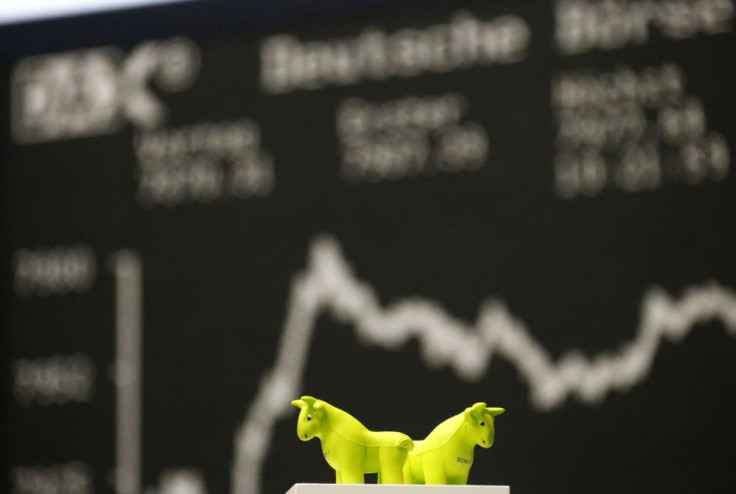European Stocks Climb on Strong China Trade Data

European stocks gained in the opening minutes of trade as the stronger-than-expected China trade figures boosted sentiments ahead of key US jobs data.
The FTSEurofirst 300 index tracking the region's blue-chip stocks gained 0.2 percent to 1,187.03. The UK's FTSE 100 gained 0.5 percent while Germany's DAX was up 0.4 percent.
Spain's IBEX and France's CAC-40 added 0.6 percent each. In Italy, the FTSE MIB gained 0.3 percent.
The single currency eased moderately against the dollar, trading at about $1.30.
Official Chinese data released during the day showed that exports from the world's second-biggest economy increased more than expected in February. Shipments surged 21.8 percent year-on-year, down from the 25 percent recorded for January and beating expectations of a 5 percent increase.
Imports fell 15.2 percent, contrasting a 28.8 percent rise in January and beating estimates of a 10 percent decline. Trade surplus narrowed to $15.25bn from $29.15bn in January but this was better than estimates of a $16bn deficit.
Although analysts suggest that the data points to the underlying strength of Chinese economy, the country could continue to be hurt by the weak external demand.
Most Asian markets had ended higher earlier as the China data and the yen's weakness to record level against the dollar boosted sentiments, although Shanghai stocks ended the week lower.
The Nikkei 225 index ended 2.64 percent to 12283.6 while Australia's S&P/ASX 200 added 0.28 percent to 5123.4. South Korea's KOSPI gained 0.08 percent to 2006.01.
In China, the Shanghai Composite Index fell 0.24 percent to 2318.6. Hong Kong's Hang Seng was up 1.40 percent to 23089.6.
Markets are awaiting the key US employment data, a major barometer of the US economic conditions, scheduled for release later in the day. According to a Reuters' poll of analysts jobs could have increased by 160,000 and the unemployment rate remained at 7.9 percent.
The weekly jobless claims figures released earlier had shown that the number of Americans looking for unemployment benefits fell to a seasonally adjusted 340,000 in the previous week.
The European Central Bank and the Bank of England had left their monetary policies unchanged yesterday. Although the decision from ECB was widely in line with expectations, analysts had expected a slightly more aggressive stand from the BoE. Monetary policy looks set to be a major point of discussion in the upcoming UK budget discussions as Prime Minister David Cameron suggested that the fiscal conservatism should be complemented with monetary activism.
In Japan, continued stimulus optimism and the yen's extended weakness boosted the benchmark index higher. The dollar climbed to its highest rate in over three years against the Japanese currency.
Analysts and investors remain optimistic that Bank of Japan will come up with strong monetary easing measures at its next policy meet, after the government's pro-stimulus governor nominee Haruhiko Kuroda takes charge.
Kuroda, who is a vocal advocate of aggressive easing measures, had recently said that he would do whatever is needed to beat Japan's stubborn deflation levels, indicating that the open-ended asset buying programme could be started sooner than planned earlier.
© Copyright IBTimes 2025. All rights reserved.





















